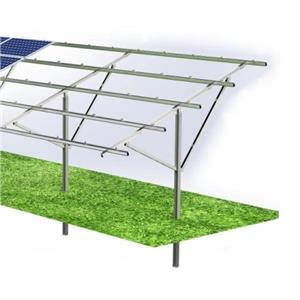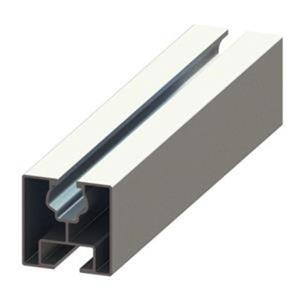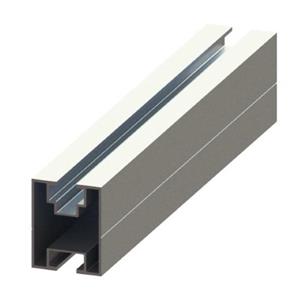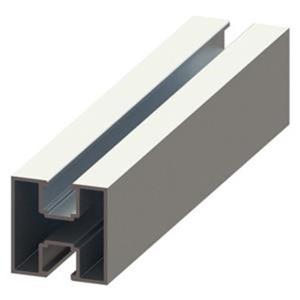Solar panel subsidies tripled UK installations. What help is available for homeowners?
By Angela Symons
Published on 06/08/2024
Solar panel installations tripled in the UK thanks to incentives, analysis shows.
It’s election year in Europe, and with it come big promises - including help for voters in greening their homes.
The Labour Party’s UK victory heralds a new era for climate action with a “rooftop revolution” aiming to triple solar power in the country by 2030.
As well as approving three huge solar farms in east England that had previously been blocked by the Conservatives, the new government is offering grants and low interest loans to support solar panel installation on millions of homes.
But, with green energy subsidies historically hard to understand or access for many, do they really make a difference?
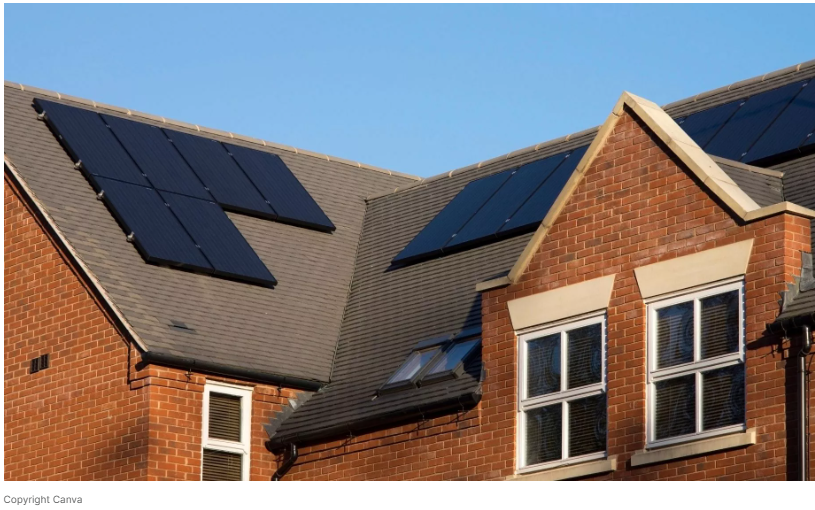
Solar subsidies cause installations to triple
Analysis of data from the past 15 years shows that subsidies do have a significant impact on people’s willingness to install solar panels.
Introduced when the Labour Party was last in power in 2010, the Feed-in Tariff (FIT) scheme aimed to encourage the uptake of solar by paying homeowners for the electricity they generated.
Under the scheme, solar panels saw unprecedented growth: installations reached over 800,000 in five years. When FIT subsidies were cut in 2016, this figure fell 74 per cent to 224,000 in the same timeframe, according to the analysis by Independent Advisor.
When it was replaced with the Smart Export Guarantee in 2020, which offered similar perks, installations tripled back to their previous levels.
How could home solar panels change the UK’s energy mix?
Currently, only seven per cent of the UK’s 24.8 million homes have solar panels. These produce three per cent of the nation’s total energy consumption.
Installing a solar panel system on every home could raise this number to 43 per cent.
Under the new Energy Independence Act’s Warm Homes Plan, Labour has pledged to invest an extra £6.6 billion (€7.7b) over the next five years to upgrade five million homes. This will be used to support insulation, solar panels, batteries and low-carbon heating.
Energy efficiency standards in the private rental sector that were loosened under the Conservatives will be tightened, and developers will be encouraged to fit new homes with solar panels.
Processes for approving and installing solar panels could also be simplified.
As well as decarbonising the UK grid, these moves aim to boost the country’s energy security and reduce household bills.
What solar panel subsidies are available to UK homeowners?
Various help is available for homeowners looking to install solar panels in the UK.
The Energy Company Obligation (ECO4) obliges energy companies to fund energy efficiency improvements for low-income households. It applies to homes with low energy ratings of D to G and will run until March 2026.
In England, homes without a gas boiler may be eligible for a Home Upgrade Grant to deliver energy efficiency improvements like solar panels for free. It also applies to homes with energy ratings of D to G. For most postcodes, it is only available to households with an annual income of £36,000 (€42,000) or less.
For neighbourhoods interested in going green, the Solar Together scheme makes PV and battery storage installation more affordable by offering group discounts.
If you sign up for Smart Export Guarantee payments, solar panels could cut your bills by as much as £600 per year, according to the Energy Saving Trust. The average domestic solar panel system costs around £7,000 to install, meaning it could pay for itself - and even start earning you money - within approximately 12 years.
Solar panels could also help you cut your annual carbon outputby around one tonne - the equivalent of driving almost 6,000 kilometres.

